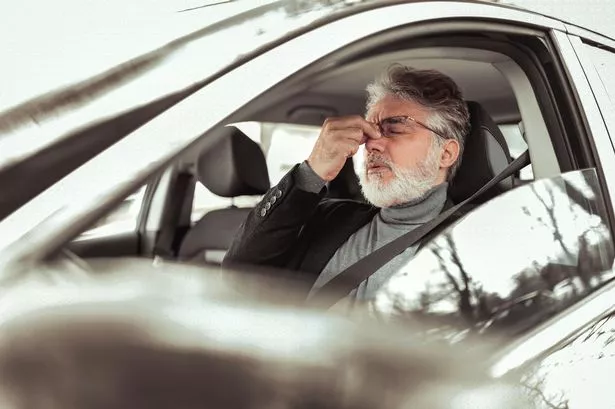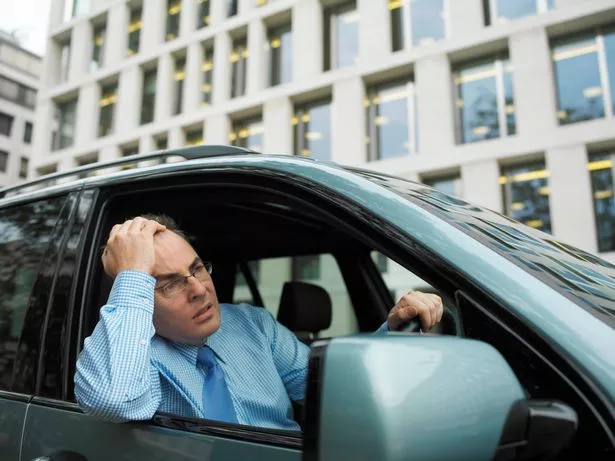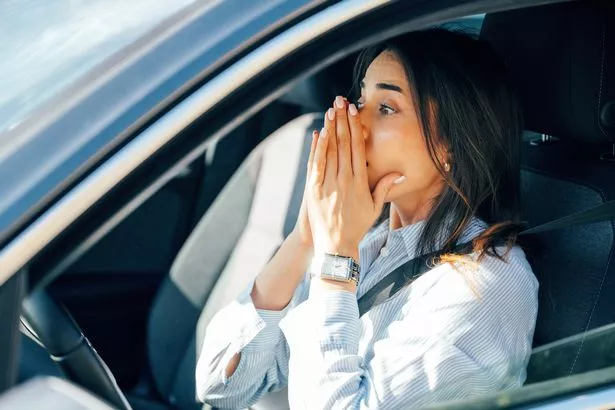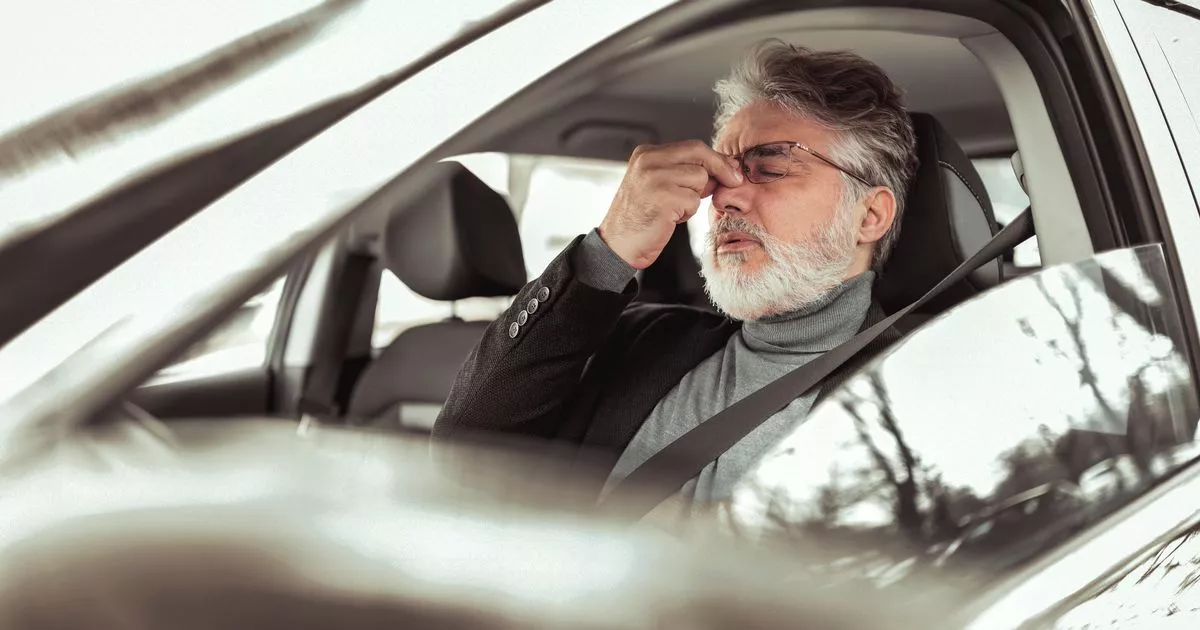The DVLA has issued guidance on the medical conditions that could affect your driving and must be reported to the agency. Failing to do so could result in a fine of up to £1,000
Kieran Isgin Money & Lifestyle writer
05:30, 30 Sep 2025
 Motorists could be at risk of a significant fine(Image: Getty Images)
Motorists could be at risk of a significant fine(Image: Getty Images)
Motorists nationwide face potential fines reaching £1,000 if they neglect to declare medical conditions that might impact their ability to drive safely. The Driver and Vehicle Licensing Agency (DVLA) has issued guidance stating that numerous health issues could compromise driving ability.
These are termed ‘notifiable’ medical conditions or disabilities, meaning specific ailments must always be disclosed as they may influence your driving capabilities. Moreover, certain health problems or disabilities not explicitly mentioned may still require reporting if they’ve deteriorated since your driving licence was issued.
DVLA guidance states: “You could be fined up to £1,000 if you do not tell DVLA about a condition that might affect your ability to drive safely. You could also be prosecuted if you have an accident.”
 The DVLA can issue fines for unreported health conditions(Image: Getty Images)
The DVLA can issue fines for unreported health conditions(Image: Getty Images)
If you possess a driving licence and suffer from any of the following ailments, they may affect your driving competency and must be declared to the DVLA:
Syncope (fainting)Diabetes or taking insulinSleep apnoeaStrokesGlaucomaHeart conditions (including atrial fibrillation and pacemakers)EpilepsyWill I lose my licence if I have a health condition
Your legal ability to drive while managing one of the above health conditions or disabilities largely depends on how it specifically impacts you. According to the DVLA, there are only three scenarios in which you must surrender your licence to the DVLA, thus rendering you unable to drive:
Your doctor tells you to stop driving for 3 months or moreYour medical condition affects your ability to drive safely and lasts for 3 months or moreYou do not meet the required standards for driving because of your medical condition
Bear in mind that giving up your licence doesn’t always have to be a permanent measure. You can apply to regain your licence once you satisfy the medical standards to safely operate a car again.
 You could lose your licence due to your health(Image: Getty Images)
You could lose your licence due to your health(Image: Getty Images)
Alternatively, if you report your medical condition to the DVLA, they may opt to further scrutinise your health by obtaining information from a healthcare professional, such as your GP.
While you’re awaiting a decision from the DVLA regarding your medical condition, you’re typically still permitted to drive. Once the DVLA has conducted its assessment, it will inform you whether you need to modify your vehicle to suit your needs or that you must cease driving.
You’ll be notified of this decision via a letter, which will also provide additional guidance for your subsequent actions.

